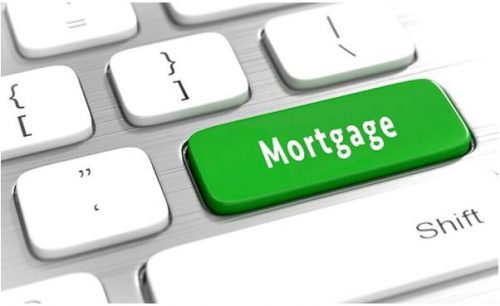
When you are self-employed, you may not be privy to the loans and benefits that W-2 employees enjoy. Where they may get home loans and mortgages to be deducted directly from their salaries over a period of time, you’ll get a self-mortgage, which will enable you to own your home.
As your income may fluctuate from time to time, the application process may be a bit frustrating as you may not know where to start. Also, you may even be iffy about sending an application in the first place because you’re convinced you’ll not be considered for the mortgage.
But we’re here to dispel all of these doubts! First things first! You should know that a self-employed mortgage is within your reach. Here is the best advice on our beginner’s guide to self-employed mortgage:
How To Become An Attractive Borrower
If you’re looking to improve your borrowing chances and secure a mortgage, do the following:
-
Establish a track record
As a self-employed borrower, your goal is to prove that you can borrow and pay back without breaking a sweat. If you are a new business owner you may not qualify for a self-employed mortgage.
However, if you’ve been running your business for more than two years then you’re most likely to be considered. To determine this, the lender will look at your tax records.
-
Aim for the highest credit score
Even if you have been self-employed for decades but have a poor credit score, obtaining a mortgage may be difficult. Outstanding borrowers who have high credit scores make you appear to be a more qualified candidate and help you qualify for lower interest rates.
-
Have a large down payment
If you’re seeking a $400,000 mortgage, putting down a $10,000 down payment won’t suffice. A borrower will most likely walk away from this amount. But a $200,000 down payment will most likely lure in a lender. This is because they will see you as less of a risk if you put a lot of cash upfront.
-
Pay off debts
By paying off any consumer dents that you may have, it will be easy for you to manage your mortgage payment. If you don’t have any outstanding credit card or car loans, you’ll have more cash flow, making paying off a mortgage easy.
-
Have reliable cash reserves
Showing lenders that you have a significant amount of money for emergency funds. This proves that when your business takes a nosedive, you will still afford to pay off the mortgage. When you bolster your savings, you’ll be in a position to pay off your taxes as well as the mortgage.
-
Have the right documentation
As a self-employed borrower, you’ll provide your tax returns, balance sheets, loss statements, and bank statements that will help you qualify for the mortgage. Your lender will generally ask for the following:
- List of assets such as savings and investment accounts
- List of debts and monthly payments for your business
- Proof that you’re running a self-employed business in terms of letters from clients, business license and statements from your accountant
- Proof of other mortgage payments or current rent
Are There Any Disadvantages To A Self-Employed Mortgage?
A majority of lenders don’t see self-employed persons as the best mortgage candidates. Borrowers who are fully employed are considered more creditworthy because of their steady income.
It’s even better if they have good credit scores because they will qualify for larger sums where the lender will enjoy higher interests. In comparison to an employee who can use a W-2 form, you’ll have to provide more paperwork for your mortgage application.
Also, self-employed mortgage advisors often recommend a larger down payment because lenders look for a lower loan-to-value ratio.
Important Things To Remember
As a self-employed business owner, you can always improve your prospects by increasing your credit score. Remember, your credit score is never permanent as it’s always a work in progress.
By keeping up with your debt payments and having a considerable balance in your savings account, you are bound to improve your credit score. Also, it’s never wise to use your business expenses to reduce your tax income as this means that you’ll qualify for a lesser mortgage.
If you are in need of a mortgage loan but you do not qualify, you can bring a co-signer on board who will be a guarantor of sorts. They will step in if you can’t afford to pay the loan.
Interesting Related Article: “What is mortgage protection insurance?“

